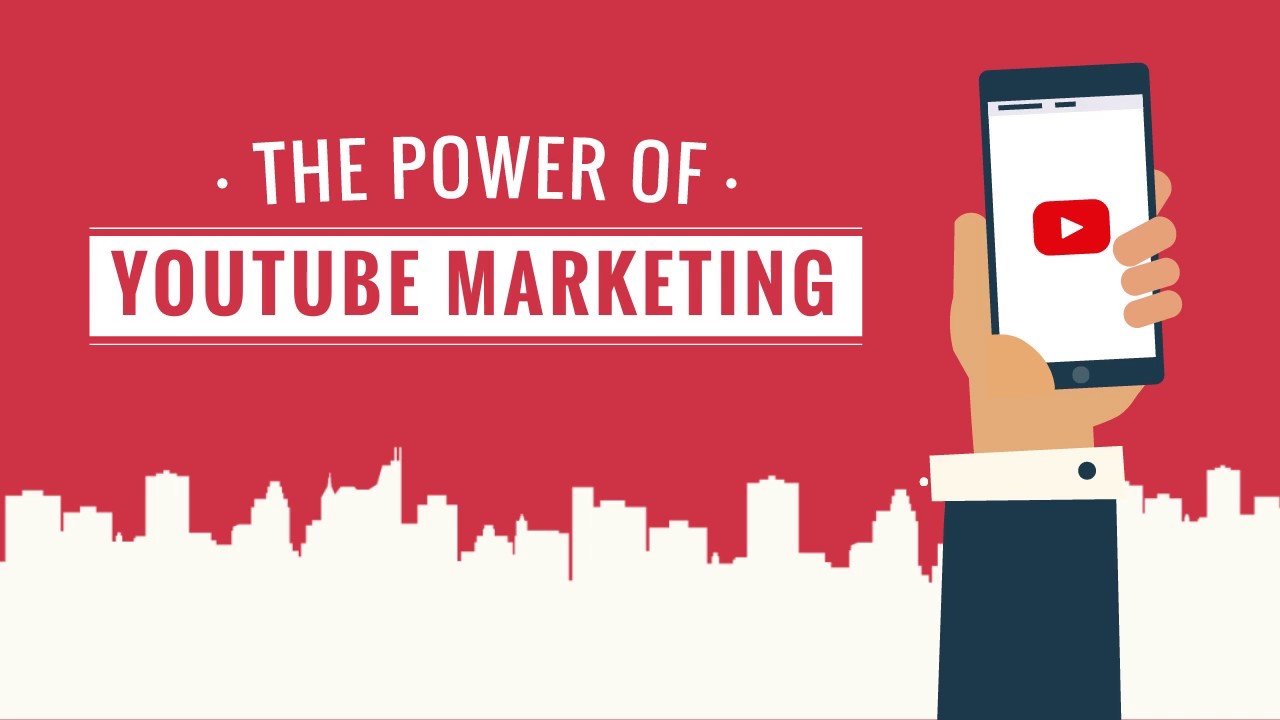In the fast-paced world of digital communication, social media has become an indispensable tool for businesses to connect with their target audience. As the landscape evolves, so does the way brands approach marketing strategies. One of the most impactful trends to emerge in recent years is Youtube SMM panel marketing. In this blog, we’ll explore the dynamics of influencer marketing in the era of social media, examining its evolution, benefits, challenges, and the key considerations for both influencers and brands.
The Rise of Influencer Marketing:
In the age of information overload, consumers are increasingly turning to social media for recommendations and insights. Influencers, individuals with a significant following on platforms like Instagram, YouTube, TikTok, and others, have become the modern-day tastemakers. Their ability to create authentic content and engage with a loyal audience has transformed them into valuable marketing assets.
Benefits of Influencer Marketing:
- Authenticity and Trust: Influencers often build a personal connection with their audience, creating a sense of trust that traditional advertising struggles to achieve. Their recommendations feel more like a friend’s suggestion than a brand promotion.
- Targeted Reach: Influencers cater to specific niches, allowing brands to target their ideal audience more precisely. This targeted approach ensures that marketing efforts are directed towards those most likely to be interested in a product or service.
- Content Variety: Influencers bring creativity to the table, offering diverse and engaging content. This can range from product reviews and tutorials to lifestyle and behind-the-scenes glimpses, adding depth and resonance to a brand’s image.
Challenges in Influencer Marketing:
- Authenticity Concerns: As influencer marketing grows, so does the risk of inauthentic endorsements. Audiences are becoming more discerning, and any perceived lack of authenticity can lead to a loss of trust.
- Regulatory Compliance: Many countries now have regulations governing influencer marketing, requiring influencers to disclose paid partnerships. Staying compliant with these regulations is crucial for both influencers and brands.
- Saturation and Competition: The sheer number of influencers in the market has led to saturation, making it challenging for brands to choose the right partners. Finding influencers whose values align with the brand is crucial for a successful collaboration.
Considerations for Influencers and Brands:
- Alignment of Values: Successful partnerships hinge on the alignment of values between influencers and brands. Authenticity is key, and influencers should only collaborate with brands whose products or services resonate with their personal brand.
- Transparent Communication: Clear communication between brands and influencers is vital. Expectations, deliverables, and compensation should be transparently discussed and agreed upon to avoid misunderstandings.
- Long-term Relationships: Building lasting relationships is beneficial for both parties. Long-term partnerships allow influencers to become genuine brand advocates, fostering a deeper connection with their audience over time.
Conclusion:
Influencer marketing in the era of social media has emerged as a potent strategy for brands looking to connect with their target audience authentically. As the landscape continues to evolve, the key lies in maintaining authenticity, transparency, and strategic alignment between influencers and brands.
